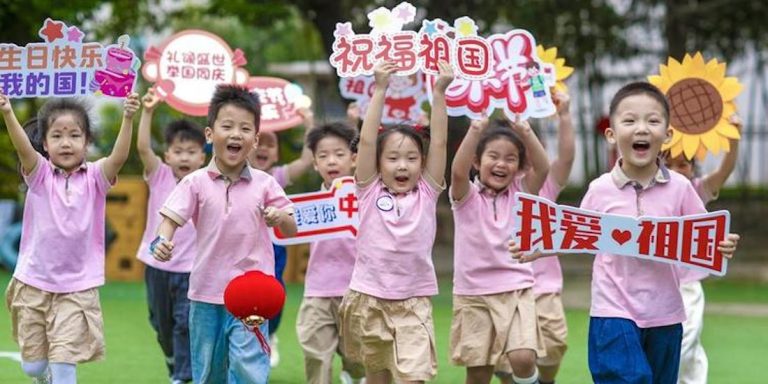
Nationwide policy benefits 12 million children this autumn, saving families 20 billion yuan annually; part of broader strategy addressing demographic challenges.
New York, N.Y. — China has ushered in a transformative policy this autumn semester: universally free preschool education for all children in their final year of kindergarten nationwide.
The initiative immediately impacts approximately 12 million children, projected to save household spending by roughly 20 billion yuan (about US$2.8 billion) this semester alone. This phased implementation represents a significant stride in the nation’s efforts to alleviate family financial burdens and encourage childbearing amidst persistent demographic headwinds.
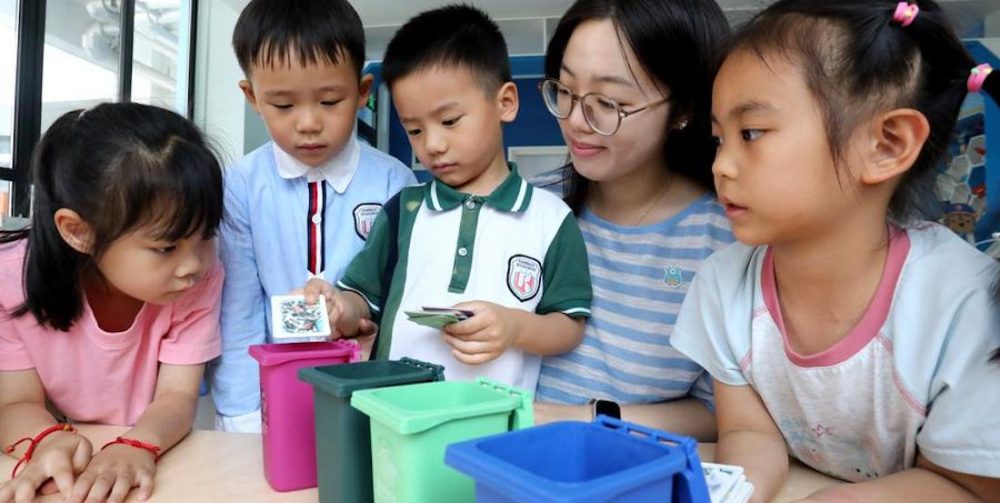
Policy Structure and Immediate Impact
The free tuition applies to children enrolled in both public and private kindergartens. Under guidelines released earlier this week, fees for children at private institutions will be reduced to match the exemptions now offered at local public kindergartens.
Funding for the exempted fees is a shared responsibility between central and local governments, with the central government providing the majority of support. Crucially, central and western regions, often facing greater economic constraints, will receive proportionally larger financial backing from the central authorities.
“This policy is a concrete measure reflecting the State Council‘s commitment to people-centered development,” stated Vice Minister Guo during a Thursday press briefing. She emphasized the government’s intention to refine the policy over time, “We will improve the policy in due course to ensure more children can benefit,” signaling potential future expansions beyond the final kindergarten year.
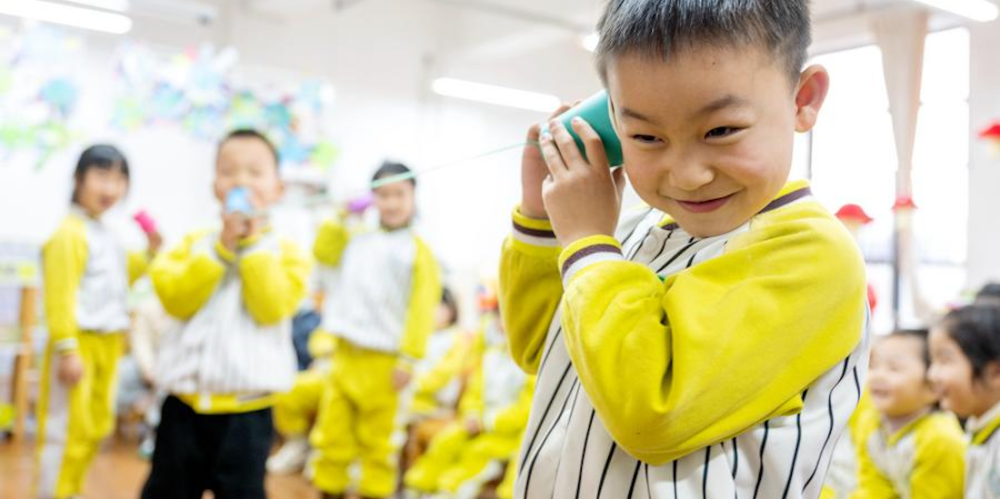

Relief Resonates with Families Nationwide
Public reaction has been swift and overwhelmingly positive, particularly resonating with young families grappling with the rising costs of childcare and education. For many, the savings translate into tangible relief from significant monthly expenditures.
“The monthly kindergarten expense is a substantial part of our household budget,” shared Wang, a working mother in Beijing. “If preschool becomes free, even for just the final year, it would make a real, positive difference in our lives. It could even influence decisions like ours about having another child.” Her sentiment echoes a common theme among urban parents facing high living costs.
Timing proved fortuitous for one family in Guangzhou, the capital of south China’s Guangdong Province. “How lucky I am!” exclaimed a parent on the Weibo social media platform. “My child will enter the final year of kindergarten next month. Even though public kindergarten fees aren’t exorbitant month-to-month, they still accumulate to around 10,000 yuan (about $1,401 U.S.) annually. This policy will save us a significant amount.”
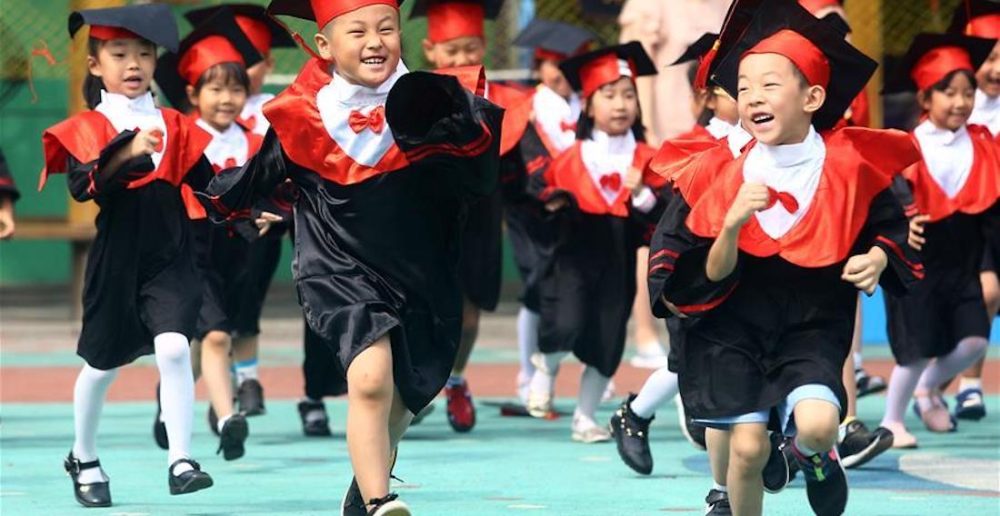
Ensuring Seamless Implementation and Equity
With the policy set to take effect nationwide this September, a Chinese Ministry of Education official assured that comprehensive preparations are underway. “All necessary groundwork, including staff training and widespread policy promotion, is on track for completion by the end of August,”he stated at the same briefing. The goal is a smooth rollout ensuring no eligible child misses out on the benefit.
Vulnerable children, including those from financially disadvantaged families, orphans, and
children with disabilities, have long been covered under a dedicated financial aid system.
The official further clarified that the new fee exemption is designed to integrate with, not replace, existing financial aid programs. “Vulnerable children, including those from financially disadvantaged families, orphans, and children with disabilities, have long been covered under a dedicated financial aid system,” he explained. “This new universal policy will work in tandem with that targeted support, reinforcing our commitment to ensuring no child is left behind due to economic hardship.”
Embedded in Broader Demographic Strategy
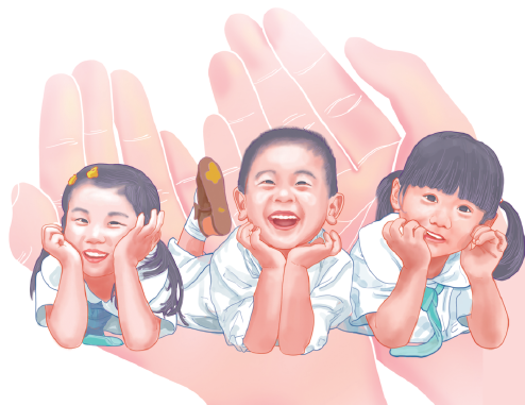
The launch of free preschool for the kindergarten final year is not an isolated measure. It forms a critical pillar within China’s multifaceted response to profound demographic challenges, characterized by a declining birth rate and a rapidly aging population.
Recognizing that financial pressure is a major deterrent to family formation and expansion, the Chinese government has progressively introduced a suite of support policies across key life domains.
In recent years, this has encompassed measures related to childbirth, child-rearing, education, healthcare, and housing, collectively aimed at fostering a more birth-friendly society and mitigating the long-term socioeconomic impacts of an aging populace.
Just last week, the government announced a nationwide child care subsidy program scheduled for 2025. This initiative will provide families with an annual subsidy of 3,600 yuan for each child under the age of three. Crucially, these subsidies, expected to benefit over 20 million families annually, will be exempt from individual income tax.
Furthermore, they will not be factored into household or individual income calculations when determining eligibility for other welfare assistance programs, such as subsistence allowances or allowances for people living in extreme difficulty.
Building Momentum for Family Support
For families like Meng’s in Beijing, the cumulative effect of these recent announcements signifies tangible progress. “These policies mark a real step toward stronger, more concrete economic support for families raising children,” Meng, a working mother, observed. She expressed hope that the combined impact of initiatives like child care subsidies and free preschool would extend beyond immediate financial relief.
“I hope these measures not only ease the significant financial burden on parents,” Meng added, “but also help cultivate a more genuinely family-friendly society. A society where more young people feel economically secure and socially supported enough to confidently pursue starting and raising a family.”
The phased free preschool policy, starting this autumn, represents a significant down payment on that vision, directly impacting millions of households and signaling the government’s intensified focus on supporting families as the cornerstone of national demographic resilience.
Summary
China has implemented free tuition nationwide for all children in their final year of kindergarten, effective this autumn semester. The policy benefits approximately 12 million children, saving families an estimated 20 billion yuan ($2.8 billion U.S.) this semester. Funded jointly by central and local governments, with greater central support for less affluent regions, it applies to both public and private kindergartens. This initiative is a key part of China’s broader strategy, including upcoming childcare subsidies, to address demographic challenges by reducing family financial burdens and encouraging childbearing.